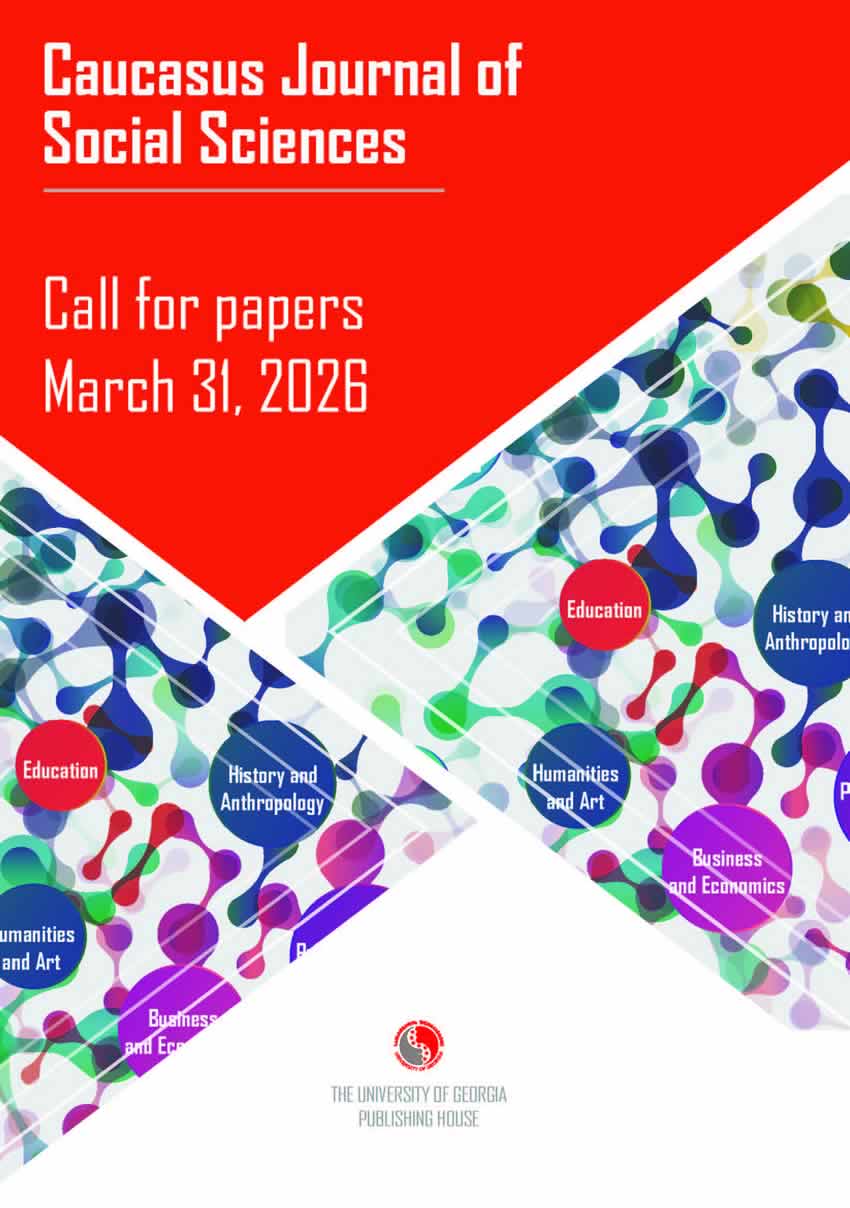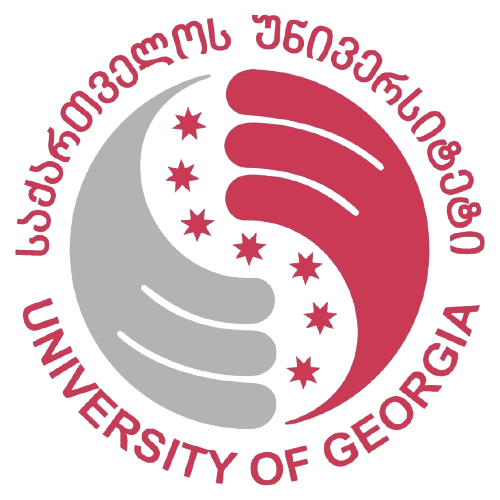Linguistic Analysis of Hate Speech on Social Media
DOI:
https://doi.org/10.62343/cjss.2022.215Keywords:
hate speech; metaphors; neologisms; linguistic analysis; social mediaAbstract
This article aims at defining the essence of “Hate Speech” and studying it as a source of neologisms and metaphors depicted on social media. Concerns about the relationship between inflammatory hate speech and violent acts have grown as a result of the rising number of attacks against people of different national, ethnic and religious affiliations, cultures, orientations and beliefs. The fact that the language of social media is characterized by tendencies to disguise the truth, reveal half-truths and ambiguous expressions and influence public opinion makes us realize that people especially public figures spare no effort to find effective terminology or phraseology in order to cast a shadow, ridicule or humiliate the opposing side through linguistic means. Therefore, the analysis of such linguistic peculiarities of social media gain a great importance in order to avoid the use of irrelevant terminology aiming at insulting and humiliation people.
Downloads
Published
How to Cite
Issue
Section
License
Copyright (c) 2023 Maia Chkheidze, Tamar Natroshvili, Revaz Tabatadze

This work is licensed under a Creative Commons Attribution 4.0 International License.
In case an article is accepted for publication it is allowed to combine the article with other research, to conduct new research on the article, or to make different arrangements on condition that the same license is used including commercial purposes.
As an author of an article published in the Caucasus Journal of Social Sciences, you retain the copyright of your article and you are free to reproduce and disseminate your work.











